Mpox ‘increasing in Australia’ with new cases in Western Australia
Two locally acquired cases of the infectious virus have been detected in the country, as health authorities track a new variant.
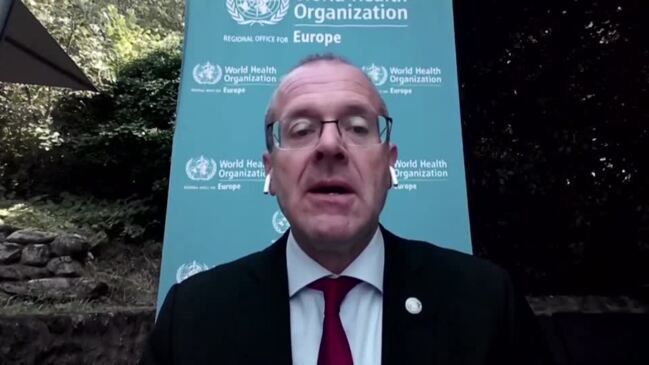
Illness
Don't miss out on the headlines from Illness. Followed categories will be added to My News.
West Australian health authorities have issued a warning after two locally acquired cases of mpox were detected – but stressed they were not the new fast-spreading variant deemed an international health emergency.
An alert was issued by WA Health on Wednesday saying the two cases were of the less severe strain of the infectious virus formerly known as monkeypox.
WA Health’s Communicable Disease Control Director, Dr Paul Armstrong said high risk groups should be alert for symptoms and seek testing.
“Mpox infections have been increasing in Australia over the past few months – particularly among sexually active men who have sex with men and through higher risk activities such as casual sex and multiple partners,” he said.
Australia’s National Notifiable Disease Surveillance System notes 283 cases mpox reported across the country in 2024, spiking from just 26 last year.
It comes after the World Health Organization (WHO) last week declared mpox a public health emergency as a new variant dubbed Clade 1b spread through African nations.
Across the Atlantic Ocean, officials in Argentina have quarantined a cargo ship after one of its crew members displayed symptoms of mpox.
Argentina’s health ministry said the ship had dropped anchor in a river near the city of Rosario after “one of its crew members of Indian nationality showed cyst-like skin lesions predominantly on the chest and face”.
According to officials, the person has been isolated from the rest of the crew, and only medical personnel will be allowed to board the vessel that has sailed from Brazil.
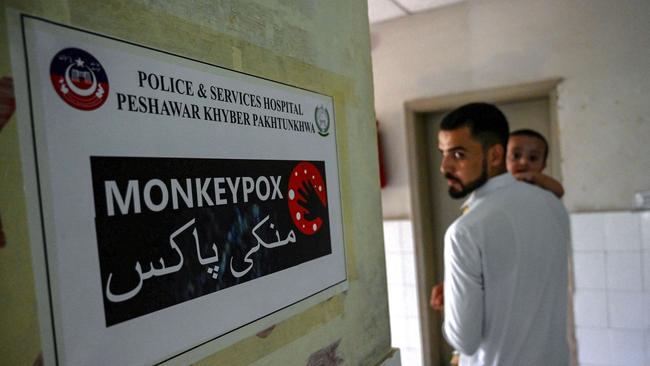
The new variant is a split from the more contagious and deadly mpox strain Clade 1, outbreaks of which usually stemmed from exposure to sick animals.
Clade 1b has been noted for its sexual transmission and is thought to be circulating “exclusively within the human population”.
The new variant has been detected in the Democratic Republic of Congo, Burundi, Kenya, Rwanda, Uganda and most recently, Sweden.
The Swedish case was detected in a patient who had visited one of the affected African countries.
A case in Pakistan has been confirmed to be the less severe strain, known as Clade 2.
The two new cases in Western Australia are also of the Clade 2 strain – the 1b variant has not been detected in Australia.
China has announced it would start screening people and goods entering the country for signs of the virus.
Hundreds of people have died in DR Congo from some form of mpox this year.
The virus is characterised by pus-filled blisters and flu-like symptoms, and can lead to death, although the majority of cases are mild.
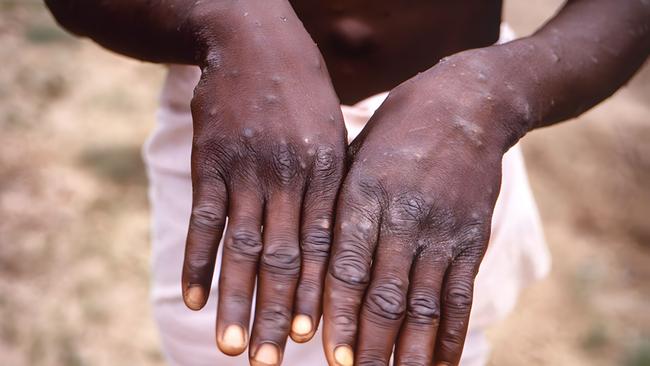
Mpox also had the WHO concerned in 2022 when the virus began spreading worldwide, including in Europe and North America – the first time clusters had been reported outside of Africa, where it has been endemic since the 1970s.
This strain was not the 1b variant that has renewed the WHO’s attention, with its potency being labelled “an emergency … for the entire globe” on August 14.
“Mpox, originating in Africa, was neglected there, and later caused a global outbreak in 2022,” Committee Chair Professor Dimie Ogoina said.
“It is time to act decisively to prevent history from repeating itself.”
Deaths in Africa
Ivory Coast health authorities this week reported 28 cases of mpox, with one person dying from the virus that has killed hundreds in DR Congo.
The total has risen from six declared cases on August 1.
The National Public Hygiene Institute (INHP) recorded “28 confirmed cases including one death” across the country as of Tuesday.
The health body said that the fatal case and others were recorded in the country’s economic capital, Abidjan.
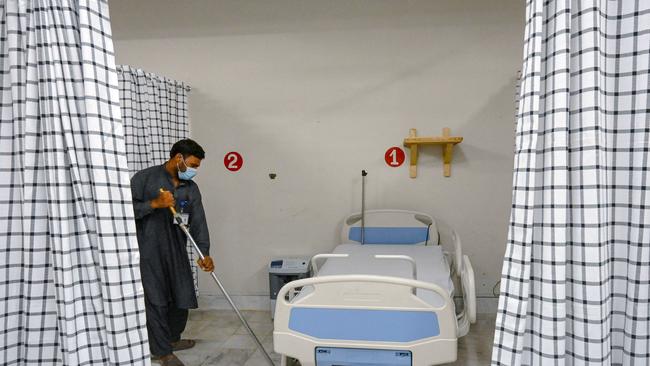
INHP doctor Daouda Coulibaly said tests were being carried out to identify the strain of the latest mpox cases.
“The situation is no cause for alarm,” Dr Coulibaly said. “We are seeing just the start of a nascent epidemic — there is no upsurge” in cases.
He said monitoring for mpox had been strengthened.
“We have to break the chains of transmission, identify the contacts of cases, isolate them and monitor them.”
Cases identified in the west African country this year were of the subtype that spread during a previous epidemic in 2022, known as clade 2.
Mpox ‘not the new Covid’
The mpox outbreak is not another Covid-19, the WHO has said, because much is already known about the virus and the means to control it.
While more research is needed on the Clade 1b strain which triggered the new international health emergency, the spread of mpox can be reined in, the WHO’s European director Hans Kluge said.
“Mpox is not the new Covid,” he said.
“We know how to control mpox. And, in the European region, the steps needed to eliminate its transmission altogether,” he told a media briefing in Geneva.
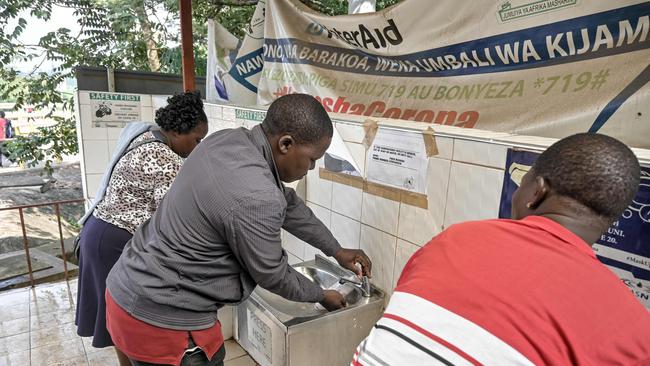
The 2022 emergency over the international outbreak was identified as the less severe Clade 2b strain of mpox, which mostly affected men who have sex with men.
The alarm was lifted in May 2023.
“We controlled mpox in Europe thanks to the direct engagement with the most affected communities,” Mr Kluge said.
Robust surveillance, investigating case contacts, behaviour changes in the affected communities and vaccination all contributed to controlling the outbreak, he said.
How it is transmitted
Mr Kluge said the risk to the general population was low.
“Are we going to go in lockdown in the WHO European region, (as if) it’s another Covid-19? The answer is clearly: ‘no’,” he said.
Clade 1b is spreading mainly through sexual transmission among adults.
Mr Kluge said it was also possible that someone in the acute phase of mpox infection, especially with blisters in the mouth, may transmit the virus to close contacts by droplets, in circumstances such as in the home or in hospitals.

“The modes of transmission are still a bit unclear. More research is required,” he said.
WHO spokesman Tarik Jasarevic said the agency was not recommending the use of masks.
“We are not recommending mass vaccination. We are recommending to use vaccines in outbreak settings for the groups who are most at risk,” he added.
Different strains
There are two subtypes of mpox: the more virulent and deadlier Clade 1, endemic in the Congo Basin in central Africa; and Clade 2, endemic in West Africa.
Clade 1b is a new offshoot of Clade 1, which is now called Clade 1a.
The Clade 1b outbreak in northeastern DRC was first detected in September last year and is spreading rapidly.
Catherine Smallwood, WHO Europe’s emergency operations program area manager, said the split of Clade 1 into 1a and 1b reflects a “change in the evolution of the virus.”
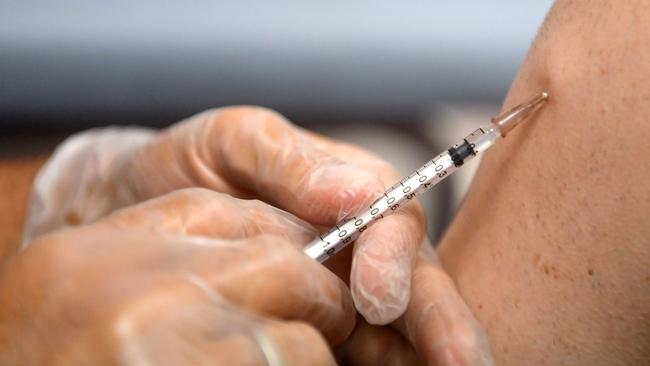
Clade 1a traditionally has outbreaks resulting from infections from sick animals, with some limited follow-on transmission between humans at the household level, or within communities.
But with Clade 1B, “we have not isolated or detected zoonotic transmission of Clade 1b,” said Ms Smallwood.
“So it seems to be a strain of the virus that’s circulating exclusively within the human population.”
Experts are trying to work out if there is a difference in disease severity between Clades 1a and 1b.
Vaccines
The available vaccines were originally developed for smallpox, and are effective against other viruses in the wider orthopoxvirus family, such as mpox.
Two mpox vaccines have been used in recent years — MVA-BN, produced by Danish drugmaker Bavarian Nordic, and Japan’s LC16.
There is also ACAM2000, a second-generation smallpox jab approved in the US.
Vaccines can also be used preventively in people likely to be exposed to the virus.
Results from effectiveness studies indicated that a good level of protection was provided against mpox following vaccination.
However, it takes several weeks to develop immunity after being vaccinated.
Originally published as Mpox ‘increasing in Australia’ with new cases in Western Australia



